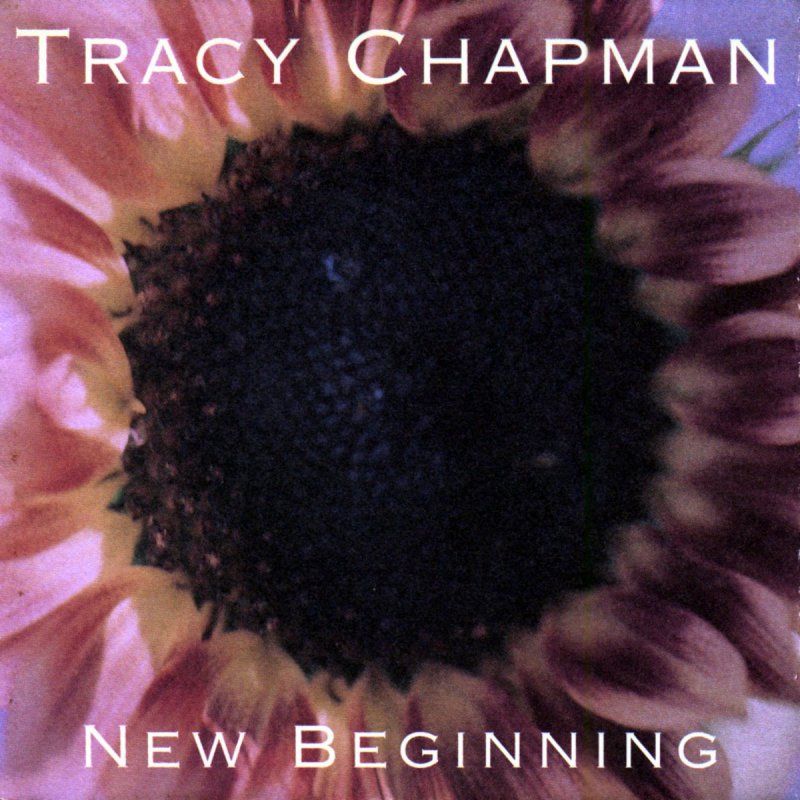

Ĭhapman's follow-up album, Crossroads (1989), was less commercially successful than her debut had been, but it still achieved platinum status in the U.S. Later in 1988, Chapman was a featured performer on the worldwide Amnesty International Human Rights Now! Tour. The album sold well, going multi-platinum and winning three Grammy Awards, including an honor for Chapman as Best New Artist. 75 and was followed by "Baby Can I Hold You", which peaked at No. "Talkin' 'bout a Revolution", the follow-up to Fast Car, charted at No. It is the highest-ranking song on the Rolling Stone list that was both performed and solely written by a female artist. 167 on their 2010 list of " The 500 Greatest Songs of All Time".

6 pop hit on the Billboard Hot 100 for the week ending August 27, 1988. charts soon after she performed it at the televised Nelson Mandela 70th Birthday Tribute concert in June 1988 it became a No. The album was critically acclaimed, and she began touring and building a fanbase. Īt Elektra, she released Tracy Chapman (1988). After Chapman graduated from Tufts in 1987, he helped her to sign a contract with Elektra Records. Koppelman, who ran SBK Publishing, signed Chapman in 1986. Another Tufts student, Brian Koppelman, heard Chapman playing and brought her to the attention of his father, Charles Koppelman. Career Ĭhapman made her major-stage debut as an opening act for women's music pioneer Linda Tillery at Boston's Strand Theater on May 3, 1985. degree in Anthropology and African studies. She graduated from Wooster School in Connecticut then attended Tufts University, graduating with a B.A. Raised a Baptist, Chapman attended an Episcopal high school and was accepted into the program A Better Chance, which sponsors students at college preparatory high schools away from their home communities. In her native Cleveland, Chapman experienced frequent bullying and racially motivated assaults as a child. She says that she may have been first inspired to play the guitar by the television show Hee Haw. Chapman began playing guitar and writing songs at age eight. Chapman was raised by her mother, who bought her a ukulele at age three. The remastered compilation album Greatest Hits, which was curated by Chapman herself, was released in 2015.Ĭhapman was born in Cleveland, Ohio. Chapman's most recent studio album is Our Bright Future, released in 2008. Let It Rain and Where You Live followed in 20, respectively. Five years would pass before the release of her fifth album, Telling Stories (2000), which later went Gold.

It was certified 5× Platinum, and yielded the hit single "Give Me One Reason", which earned her the Grammy Award for Best Rock Song.

Her third album, Matters of the Heart, followed in 1992.Ĭhapman's fourth album, New Beginning, was released in 1995 and became another worldwide success. In 1989, Chapman released her second album, Crossroads, which earned her an additional Grammy Award nomination for Best Contemporary Folk Album. The album earned Chapman six Grammy Award nominations, including Album of the Year, three of which she won Best New Artist, Best Female Pop Vocal Performance for her single "Fast Car", and Best Contemporary Folk Album. The following year she released her debut album, Tracy Chapman, which became a worldwide success, and was certified 6× Platinum by the RIAA. A multi-platinum and four-time Grammy Award–winning artist, Chapman is best known for her hit singles " Fast Car", " Talkin' 'bout a Revolution", " Baby Can I Hold You", " Crossroads", and " Give Me One Reason".Ĭhapman was signed to Elektra Records by Bob Krasnow in 1987. Tracy Chapman (born March 30, 1964) is an American singer-songwriter.


 0 kommentar(er)
0 kommentar(er)
